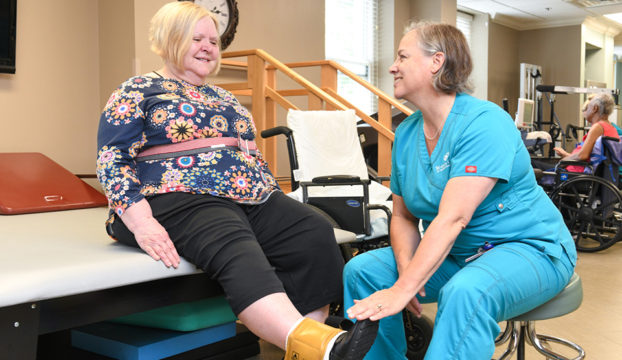Improving Performance and Minimizing Harm Risk via Comprehensive Evaluation of Equilibrium and Stability through Functional Mobility Assessment.
Improving Performance and Minimizing Harm Risk via Comprehensive Evaluation of Equilibrium and Stability through Functional Mobility Assessment.
Blog Article
Balance and steadiness are crucial components of bodily wellness and overall health. They play a critical part in daily tasks, sports performance, and harm prevention. When an individual has strong equilibrium and stability, they are less prone to trip or incur damages during physical activities. One effective way to evaluate these attributes is through Practical Motion Screening (FMS). FMS is a method used to analyze movement patterns and recognize discrepancies or weaknesses that could lead to injuries.
Functional Motion Assessment includes a series of specific tests that examine how well a person moves. The tests focus on fundamental movements such as squatting, lunging, and flexing. By observing these actions, coaches and healthcare experts can determine areas where an individual may have difficulty. For example, if someone has difficulty maintaining equilibrium while executing a squatting, it may suggest a need for targeted workouts to enhance power and control. This evaluation not only identifies deficiencies but also helps to monitor advancement over time.
In addition to identifying areas for enhancement, FMS plays a vital part in avoiding injuries. Many damages occur as a consequence of poor movement mechanics, which can be identified through practical assessments. By addressing these problems early on, individuals can reduce their risk of harm during athletic or other bodily activities. For example, a runner who shows an discrepancy in their stride may be more prone to knee injuries. By adjusting these discrepancies through targeted training programs, the likelihood of injury can be substantially reduced.
Additionally, enhancing performance is another benefit of performing click resources a thorough evaluation of balance and stability. Sportspeople and engaged persons often seek to enhance their performance in specific activities or exercises. A comprehensive understanding of their movement styles allows trainers to develop personalized training regimens that focus on particular deficiencies. By enhancing equilibrium and steadiness, athletes can improve their total capability, whether it’s jogging more quickly, leaping taller, or performing exact actions in their activity.
In conclusion, the importance of assessing balance and steadiness through Practical Motion Assessment cannot be exaggerated. This thorough evaluation serves as a basis for enhancing physical wellness, preventing injuries, and improving sporting performance. By identifying areas of deficiency and putting into action targeted exercise approaches, individuals can achieve better results in their physical activities. Focusing on equilibrium whiplash therapy and steadiness not only results to better capability but also contributes to a healthier, increasingly active lifestyle.